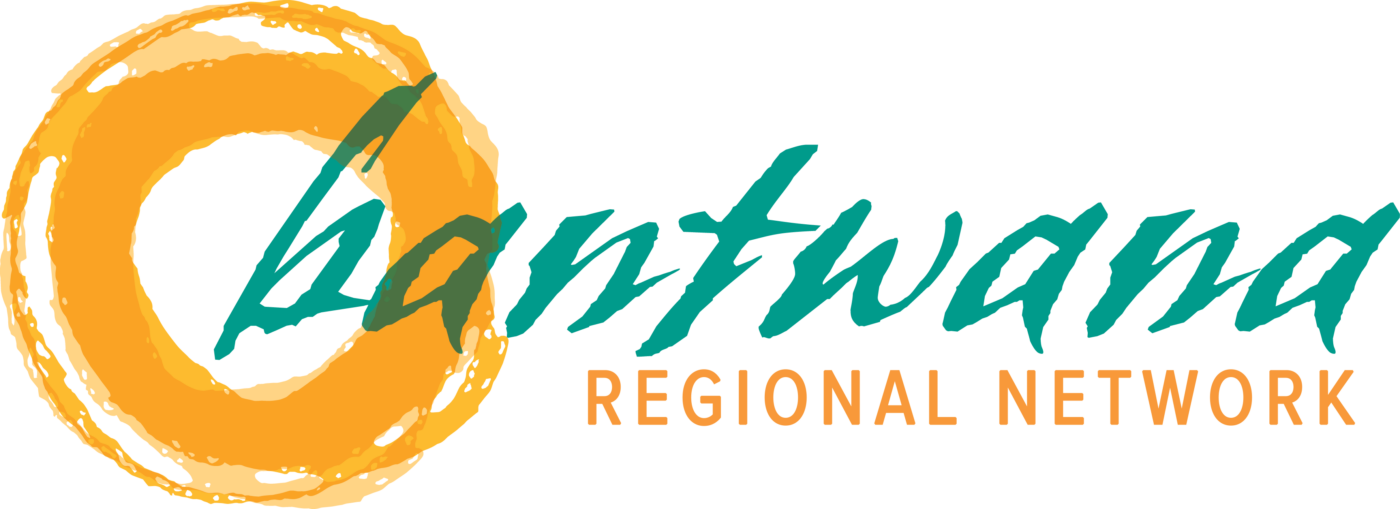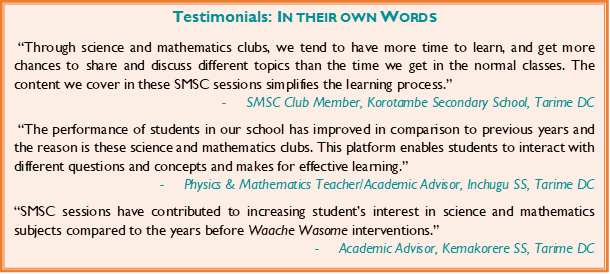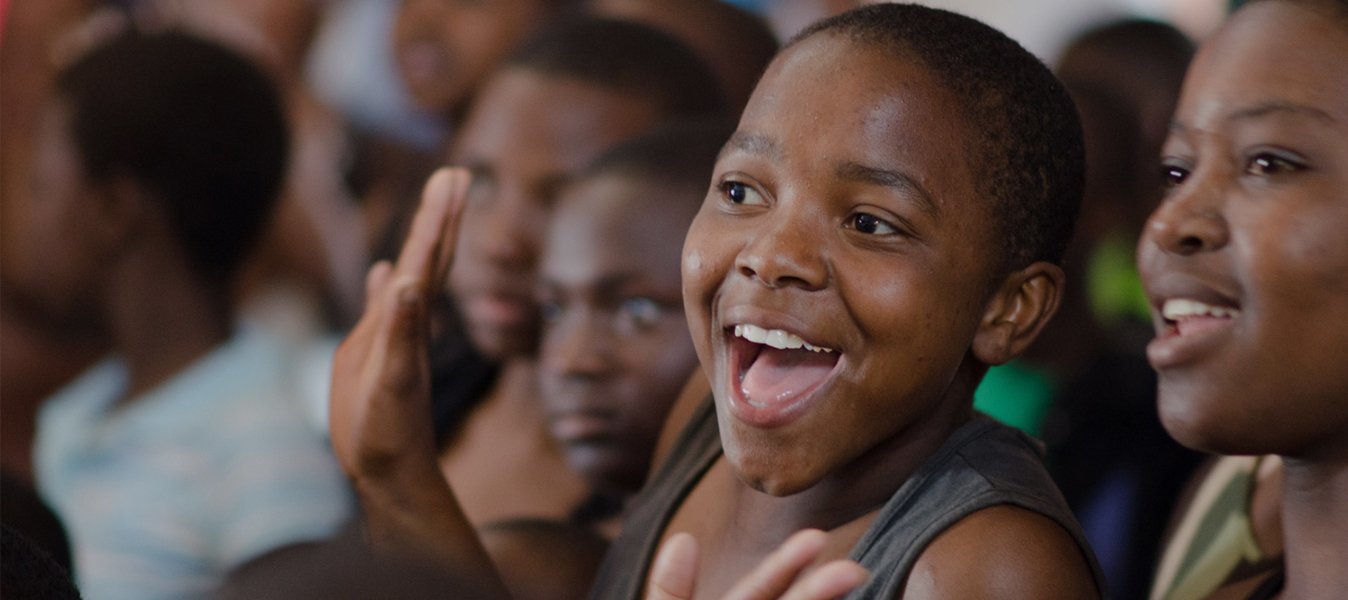
Helping Girls Pursue their Potential in Science & Digital Technology
October 11 marks the annual International Day of the Girl celebration, with the theme for 2021 being “Digital Generation, Our Generation.”
Yet, according to the United Nations Children’s Fund (UNICEF), the global gender gap in internet connectivity and access to tech has grown in the past decade. For internet users, the difference between male and female access grew from 11% in 2013 to 17% in 2019. That number is over 40% in the world’s least developed countries, where girls and women typically have much lower access than their male counterparts to devices or tech-related skills and jobs.
In Tanzania, as in many other countries in sub-Saharan Africa, STEM (science, technology, engineering, and mathematics) sectors are heavily male-dominated, and there is a general perception that such subjects are neither “interesting” nor “suitable” for girls. World Education Bantwana’s USAID-funded Waache Wasome (“Let them Learn”) project is working to help girls stay on and succeed in school and to transform a range of negative gender norms around girls’ education. A key element of this two-pronged initiative involves introducing practical models to address the STEM gender gap or “digital divide” in partner secondary schools.
All three of the following models are built around highly participatory, student-centered clubs that have been adapted over several years of implementation in Bantwana programs throughout eastern and southern Africa. These clubs promote active collaboration, discussion, questioning, and hands-on learning under the guidance of project-trained teachers, who serve as club advisors.
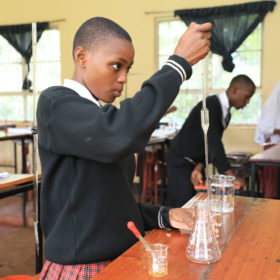 Science and Mathematics Subject Clubs (SMSCs) are curriculum-based clubs, especially designed for students in Forms 2 and 4 (classes that are required to take a national exam in all subjects at the end of their school year). SMSCs typically run sessions during the regular school day, and all through the school year — allowing students extra time to review classroom learning, dig deeper, and engage in small group work to clarify topics or solve problems.
Science and Mathematics Subject Clubs (SMSCs) are curriculum-based clubs, especially designed for students in Forms 2 and 4 (classes that are required to take a national exam in all subjects at the end of their school year). SMSCs typically run sessions during the regular school day, and all through the school year — allowing students extra time to review classroom learning, dig deeper, and engage in small group work to clarify topics or solve problems.
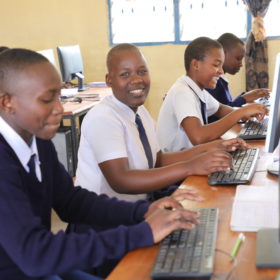 ICT Spark! Clubs operate in schools that have basic ICT (information and communications technology) infrastructure, and seek to engage students in hands-on computer skills development, moving away from theoretical, textbook-based learning. Project staff have provided refresher training to ICT/Computer Science teachers in the target schools, and developed an activity guide to help steer 12-week club sessions that introduce students to everyday tech usage. After the initial teacher training in 2021, the 29 partner schools registered more than 700 students to take the national examination in computer studies.
ICT Spark! Clubs operate in schools that have basic ICT (information and communications technology) infrastructure, and seek to engage students in hands-on computer skills development, moving away from theoretical, textbook-based learning. Project staff have provided refresher training to ICT/Computer Science teachers in the target schools, and developed an activity guide to help steer 12-week club sessions that introduce students to everyday tech usage. After the initial teacher training in 2021, the 29 partner schools registered more than 700 students to take the national examination in computer studies.
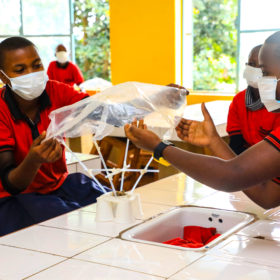 Design Squad Clubs are weekend clubs, adapted from the award-winning Design Squad model pioneered by the Boston-based WGBH Education Foundation, a project partner. A Design Squad guide was tailored to the Tanzanian context, and WGBH and Bantwana staff trained several cohorts of science teachers to serve as club advisors and facilitate six-week cycles of activities. During these sessions, students tackle every-day, real-world problems and design and test innovative “engineering” solutions to address those.
Design Squad Clubs are weekend clubs, adapted from the award-winning Design Squad model pioneered by the Boston-based WGBH Education Foundation, a project partner. A Design Squad guide was tailored to the Tanzanian context, and WGBH and Bantwana staff trained several cohorts of science teachers to serve as club advisors and facilitate six-week cycles of activities. During these sessions, students tackle every-day, real-world problems and design and test innovative “engineering” solutions to address those.
All these clubs are based on a membership of at least 50% girls — and all of them have student-elected peer leaders (two girls and one boy for SMSCs, and one girl and one boy for ICT Spark! and Design Squad clubs). According to reports from students and teachers, interest and confidence in science-related subjects has grown among girls — and both boys and girls are improving their academic performance in these areas.
